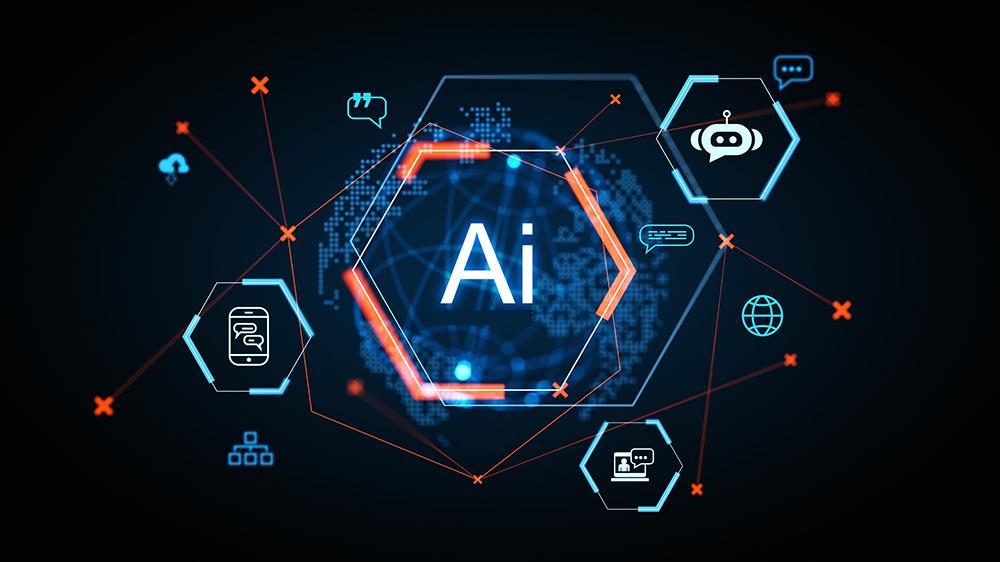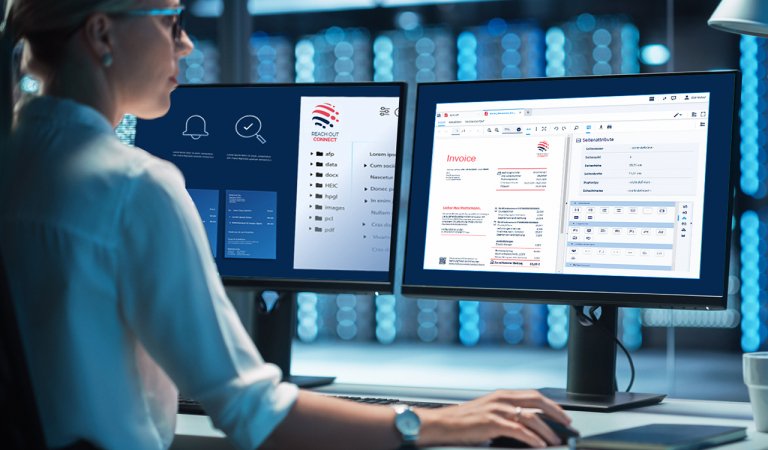How Compart is already using AI today
Compart presented its first AI prototypes in March 2024 and has been continuously developing the technology ever since. With the fall 2024 release, the AI assistant was integrated into the DocBridge® Communication Suite as a preview feature. The AI-supported chatbot accesses the technical documentation directly. Users receive comprehensive support when working with the solution. Compart employees are already using AI to create complex tables and content, automate business logic, generate template frameworks and create test data.




